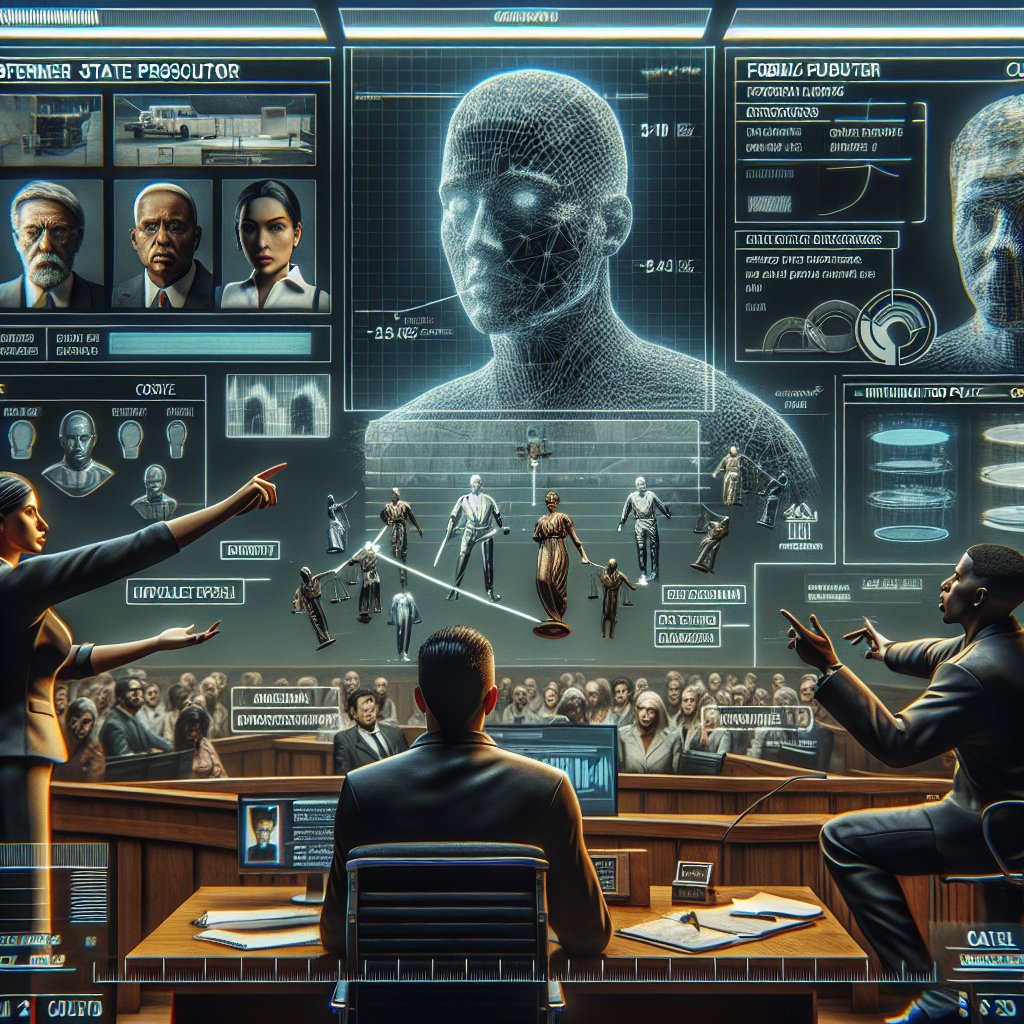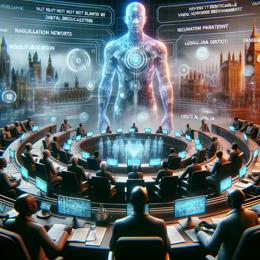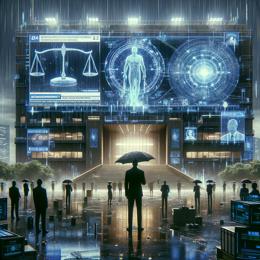Image created by AI
Former Prosecutor's Role in Chatsworth Police Brutality Case Raises Eyebrows
In an unexpected turn of events, the Durban Magistrate’s Court was the stage for controversy when Kuveshni Pillay, a former state prosecutor, took on the defense for Rajen Saunders, a police officer implicated in a grave police brutality case. The case, which has shocked the community, involves the alleged murder and torture of Regan Naidoo in August 2018 at the Chatsworth police station.
Pillay, who recently resigned from the Department of Public Prosecutions after a 26-year tenure, vehemently denied any conflict of interest. This assertion was made in the face of concerns raised by the state over her intimate knowledge of the case gleaned from her time in the special prosecutions team. These concerns cast a shadow over the legal proceedings, with the state questioning Pillay's access to sensitive strategical discussions and materials, including a case plan board, prior to her departure.
The case has been marked by a series of tumultuous events. Initial arrests by the Independent Police Investigative Directorate (IPID) led to 22 officers facing charges. However, legal entanglements have thinned the accused, with drops in charges and a fatal police shootout leading to further drama. With the accused officers out on bail, the stretched legal battle has exacted a significant emotional and financial toll on all parties involved, notably the grieving Naidoo family.
Magistrate Maryn Mewalal expressed urgency in setting a trial date, highlighting the protracted nature of the case and its resultant strain. The adjournment of the pre-trial conference to September 11 only added to these delays, stirring Naidoo’s father Timothy to despair openly about the legal process and the sight of a former state prosecutor switching sides.
The paradox of Pillay's transition from state prosecutor to defense lawyer has sparked a robust debate on the legal ethics and the emotional impact of such cases. It encapsulates a broader commentary on the slow wheels of justice, especially in scenarios involving police misconduct, which erode public trust in the institutions meant to protect and serve.
The community now watches as the case unfolds, awaiting not only the outcome but the manner in which justice will be pursued, scrutinizing the intricacies of the legal system and the steadfastness of its moral compass.










